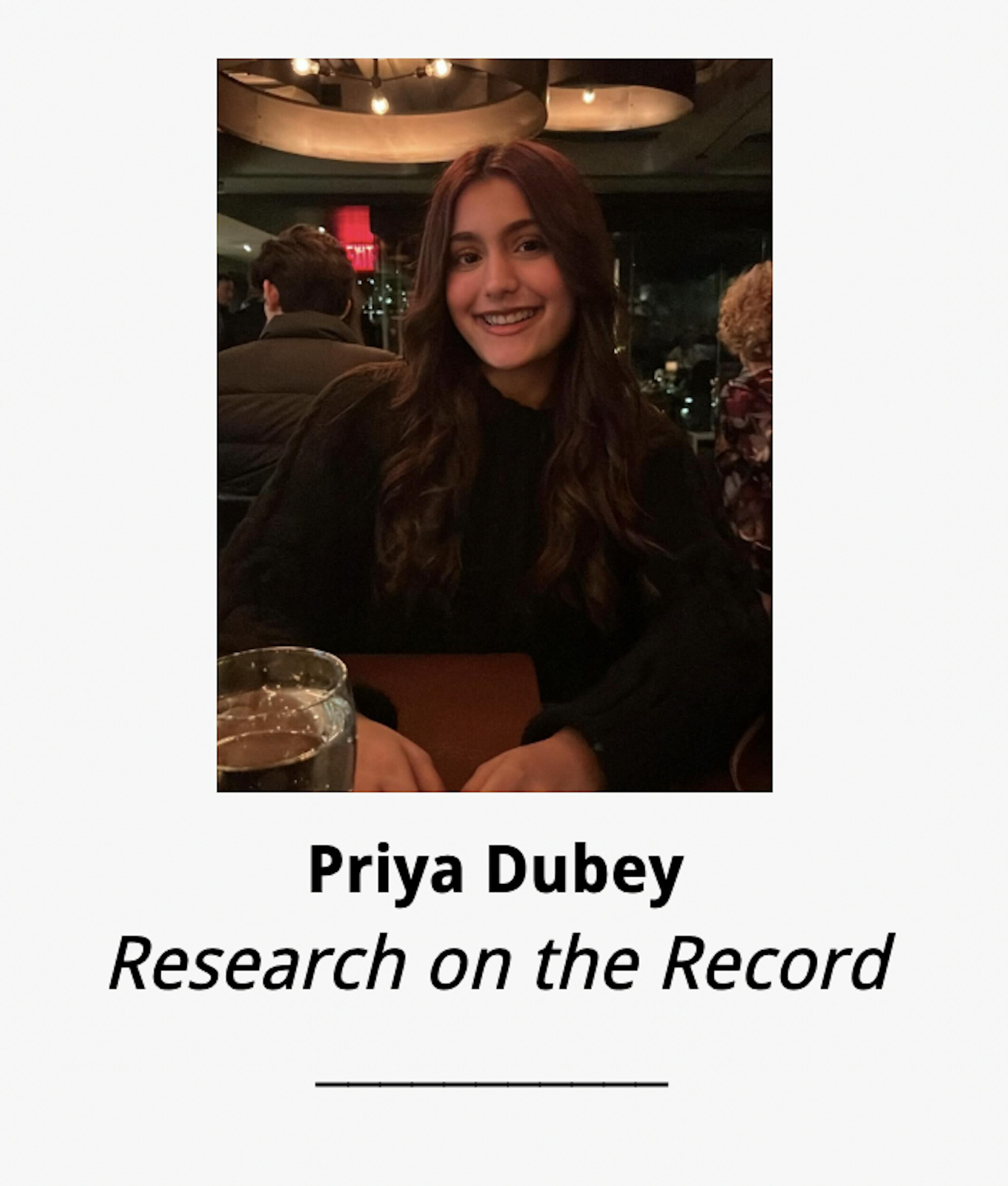
I grew up on Long Island, N.Y., where backyards are perfect for gardening. My grandmother insisted on teaching me her flower-planting technique. I watched her as she put seeds into the ground without much interest in her planting. I went outside to play on my trampoline every day, while also catching a glimpse of the progress of the garden. Little 9-year-old me was not expecting much from a little backyard garden. But, after going outside every day for a year, I witnessed the slow but sure beauty and complexity of plant growth.
On cold winter days, frost encroached on the perennials. These plants fought to maintain life as my grandmother protected them with plastic sheet covers. When the weather warmed, the air dried, sucking the life from some flowers, but my grandmother was equipped with mulch and extra water. She served as their caretaker. She watched some wither away and others prosper, all while preserving a cool and content attitude even when there seemed to be no signs of progress.
“Trust the process,” she would say to me.
I came to Hopkins drawn to molecular biology and its incredible potential for growth and transformation. I am proud to say that my grandmother got me interested in biological development mechanisms.
My lab — the Chatterjee Lab — studies the interactions between genes and various proteins involved in signaling pathways linked to cancer, inflammatory disease and cardiovascular disease.
We examine a gene’s role in glycosylation — the process by which sugars are added to proteins and lipids — and how the production of lipids — which can regulate what goes in and out of cells — influences multiple cellular processes through the activation of proteins and the regulation of signaling pathways. Illuminating the molecular mechanisms underlying these processes can help us understand disease pathology. Just as plants rely on complex molecular processes to grow and thrive, human cells depend on intricate signaling pathways to function properly.
In the lab, I assist a research technologist and other undergraduate students in conducting PCR, Bradford analysis, ELISA analysis and cell culture. Also, I am encouraged to develop independent research ideas. We have our weekly lab meetings on Fridays, which allows each lab member to share their progress for the week. It serves as time to share our hard work and receive advice on how to improve upon it.
I came into this lab with an open mind about patience, but I’ve also learned that research requires a steadfast attitude when making decisions. By this, I mean that when you commit to conducting a procedure, you must devote your time to the process to see it through to the end. Everyone has other responsibilities, but halting a procedure to attend to another commitment can lead to inaccurate results, a delay in progress and a waste of supplies.
Other people are relying on your results. Every person in the lab is working on their own procedures, and one person’s findings can contribute to another person’s results. For instance, the reason for observing low levels of a protein found from conducting an ELISA assay could be explained by a labmate who is reading articles and trying to understand the mechanism of that protein. This exemplifies the power of teamwork.
Collaboration occurs regularly within my lab, whether it be providing a second set of eyes when conducting an experiment or discussing review articles and the implications that they have on our own research. This joining of heads ensures accuracy and productivity, and relieves the stress of a high workload.
Lab work can feel like hard work at times, especially when an experiment is taking too long to finish or when the results are not what you hypothesized them to be. When I first joined my lab, there was a lot to learn and a lot of literature to catch up on. This brought me back to when I would sit outside with my grandmother in the scorching sun to tend to the plants. There, I learned the qualities of keeping a cool head. A little patience can go a long way.
Now, after a few months of working in the lab, I employ an open mindset with an eagerness to learn — I don’t feel defeated after a minor setback. My younger self would be proud of me for staying open to the realm of possibility and exercising patience as I embark on lengthy procedures and literature readings. You never know what results can come from this work. I think that is what makes research so exciting: the prospect of unearthing a novel finding.
There is a vast amount of knowledge out there to assess and build upon. I am not alone when I find results to be insignificant. But, someday soon, my results will be confirmed and published, and it may impact the way that people think and perceive the work that we do. Additionally, in the long run, these results may help patients with the development of new diagnostics and therapeutics. This is akin to the fragrance that the flowers in my grandmother's garden brought after all of the hard work in maintaining them was completed.
I am excited and grateful for the opportunity to learn from my lab and contribute the most that I can as an undergraduate student. There is a vast amount of knowledge out there to assess and build upon. I am fortunate enough to say that contributing to this progress has felt smoother due to a supportive and collaborative lab environment.





